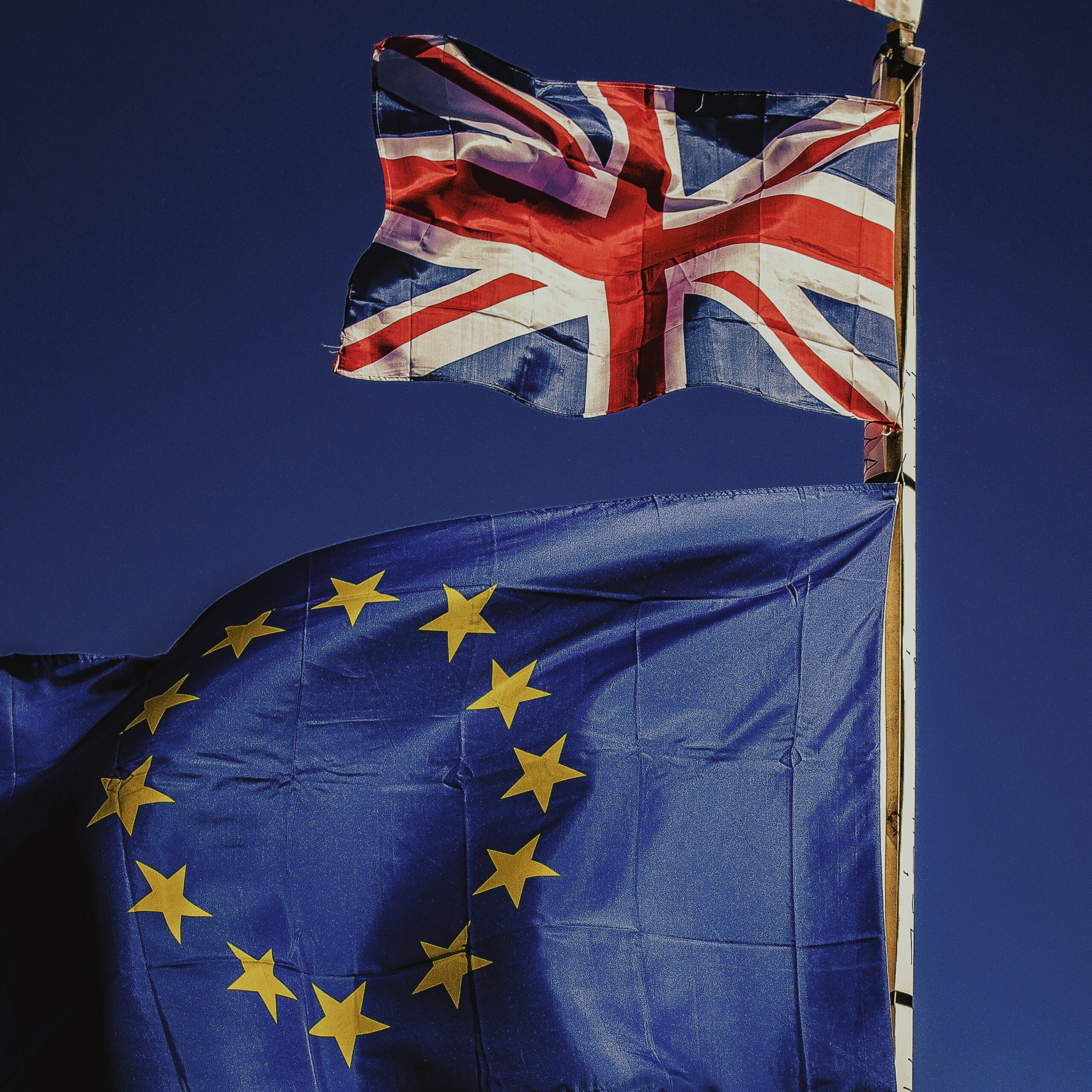Five Years of Brexit: A Deep Dive into Its Impact on Britain
By Ethan Brooks |
Reflecting on Half a Decade Outside the EU

On January 31, 2020, the United Kingdom formally exited the European Union, ending a political relationship that lasted 47 years. While the country officially left, it remained in the EU’s single market and customs union for an additional 11 months to ensure a smoother transition for trade and commerce.
Now, five years later, the effects of Brexit are still unfolding. From economic shifts to political and social divisions, the reality of Britain outside the EU is complex, with both expected and unexpected consequences.
A Nation Divided: The Lingering Political and Social Rift
The Brexit decision was one of the most polarizing in modern British history. It dominated political discourse, fueled heated debates, and left the nation split between those who saw it as a step toward sovereignty and those who feared economic and political isolation. Even today, the divisions remain, influencing elections, policies, and public sentiment across the UK.
As businesses, individuals, and policymakers continue to navigate the post-Brexit landscape, many are still assessing whether the promises made during the 2016 referendum campaign have materialized—or if the costs have outweighed the benefits.
Economic Fallout: The Trade Challenge
Export Struggles and New Barriers
Leaving the EU’s single market and customs union on January 1, 2021, introduced significant hurdles for UK businesses. Although a trade deal was secured to avoid tariffs, new bureaucratic hurdles—such as customs declarations, regulatory compliance checks, and other non-tariff barriers—have disrupted trade flows.
Studies estimate that UK goods exports are now between 6% and 30% lower than they would have been had Britain remained in the EU. The variation in estimates comes from differing methodologies in calculating what could have happened under alternative scenarios. Small and medium-sized enterprises (SMEs) have been particularly hard-hit, with many struggling to cope with increased paperwork and border delays.
Surprising Resilience in the Services Sector
While goods exports have suffered, the UK’s services sector has shown unexpected strength. Industries such as advertising and management consulting have continued to perform well, even after the separation. Still, the Office for Budget Responsibility (OBR) remains cautious, predicting a long-term decline of around 15% in total UK exports and imports due to Brexit.
New Trade Deals: Are They Enough?
One of the key promises of Brexit was the ability for the UK to forge its own trade deals outside of the EU framework. While agreements have been signed with Australia and New Zealand, and negotiations continue with India and the United States, these new partnerships have yet to fully compensate for the trade losses with Europe. Many economists argue that geographic proximity plays a crucial role in trade volume, making it difficult to replace the EU’s significance in Britain’s economy.
Shifts in Immigration and Travel
A New Immigration Landscape
Immigration was one of the driving forces behind the Brexit vote, with proponents advocating for tighter border controls. Since the end of free movement in January 2021, immigration from the EU has declined sharply. However, this has been offset by a notable rise in non-EU immigration, particularly through work and student visas.
For businesses reliant on foreign labor—especially in industries such as agriculture, hospitality, and healthcare—the shift has created staffing shortages and forced companies to rethink recruitment strategies.
The Changing Face of Travel
The end of free movement has also affected British citizens traveling to the EU. No longer able to use fast-track lanes at European borders, UK passport holders now face additional documentation requirements and will soon need electronic travel authorization. Conversely, EU citizens can still visit the UK without a visa for up to six months, though long-term work and residency options have become more restricted.
Regulatory and Financial Adjustments
Rewriting the Rulebook
Taking back control of laws was a cornerstone of the Brexit campaign. Since leaving, thousands of EU laws have been incorporated into UK legislation, with some being modified or repealed to better align with national priorities. However, businesses have had to adapt to new regulatory requirements, leading to increased compliance costs in certain sectors.
Where the Money Went
Another major argument during the referendum was the cost of EU membership. The UK no longer contributes directly to the EU budget, although payments tied to Brexit agreements continued until 2023. Government ministers have since reallocated these funds to domestic initiatives, but debates persist over whether these financial shifts have truly benefited the economy.
Looking Ahead: The Brexit Reality Check
Brexit has impacted nearly every aspect of British life, from trade and immigration to regulatory policies and national identity. The conversation is far from over. Discussions on post-Brexit economic strategies, potential adjustments to existing agreements, and the long-term viability of Britain’s new independent path continue to shape political and business decisions.
While some argue that Britain has regained crucial sovereignty, others believe the economic setbacks have been too steep a price to pay. Five years on, one thing is clear: the full story of Brexit is still being written, and its legacy will continue to evolve in the years to come.
Ethan Brooks




